Niall Ferguson: Most of the $195,000 billion of wealth in the world was made after around 1800 and most is owned by Westerners. Why did wealth accrue to the West? Ferguson says: It’s not geography, it’s not national character. It’s ideas and institutions. Call them the “killer apps” of civilization. Photo: James Duncan Davidson / TED
Yasheng Huang, political economist, asks, re China and India: Has democracy helped or hindered economic growth? And how did China cmoe out of the Cultural Revolution such a powerhouse? Photo: James Duncan Davidson /TED
Tim Harford, “undercover economist,” says: “The way to solve complex problems is trial and error. Isn’t that a bit obvious?” Photo: James Duncan Davidson / TED
Robin Ince, comedian: “Understanding things does not remove the wonder and the joy of them.” He also notes, “Like many rationalists, I’m a Pisces.” Photo: James Duncan Davidson / TED
TED Prize winner JR is pasting faces in Edinburgh for the Inside Out Project. Learn more >> Photo: James Duncan Davidson / TED
John Danner: “If democracy and capitalism are the way of the world, we need to think about B4B: business for the billions.” Photo: James Duncan Davidson / TED
Josette Sheeran says: There’s enough food on earth for everyone to have 2700 kC/day. But we lose a child to hunger every 10 seconds. Food is one issue that cannot be solved person by person. We have to stand together. Photo: James Duncan Davidson / TED
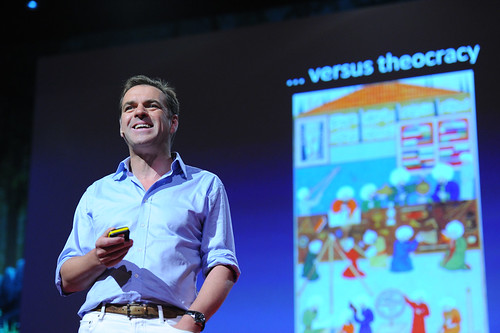
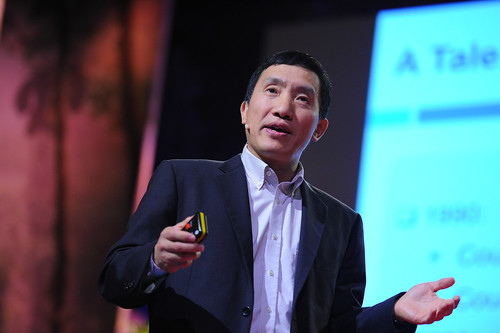
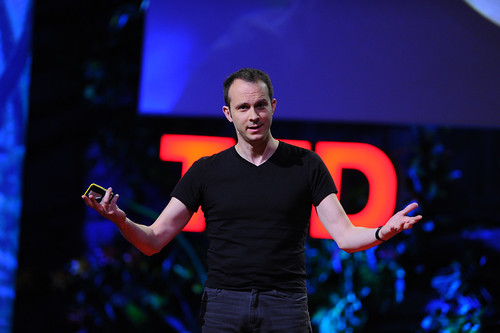
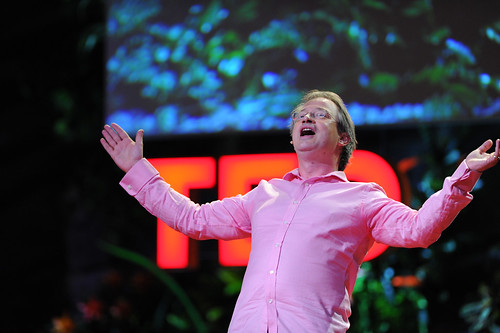
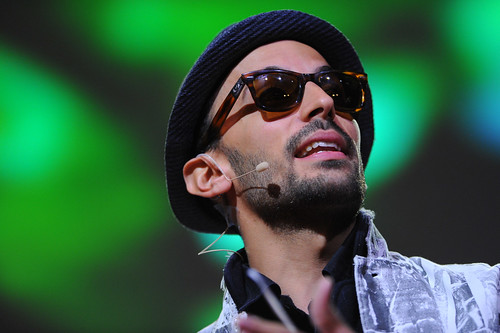
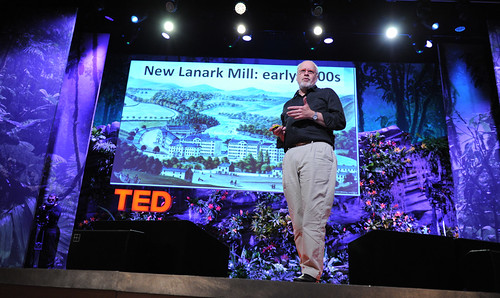
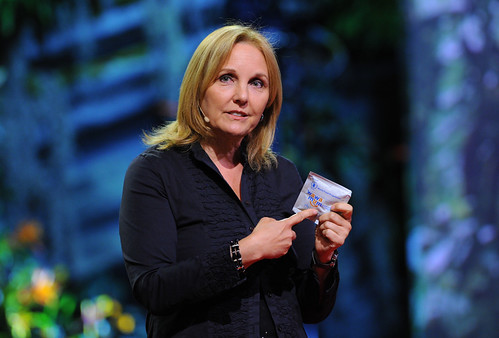
Comments (1)
Pingback: TEDGlobal Day 3: All things TEDxWomen, Future Billions to Bodies, and TEDxChange gathering | Uncharted Adventures